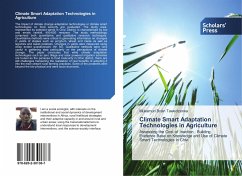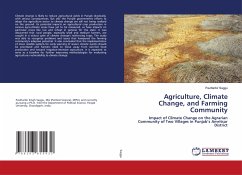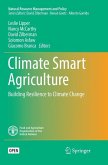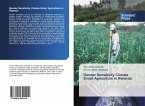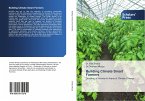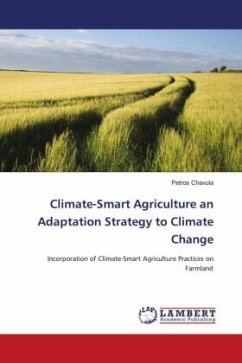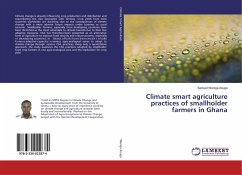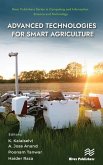The Impact of climate change adaptation technologies or climate smart technologies on food security are evaluated. The study area, represented by selected wards in Chivi District, is characterised by low and erratic rainfall, 400-650 mm/year. The study methodology comprised both quantitative and qualitative research techniques. Quantitative methods were critical in generating information on changes in yields of staples such as sorghum, wheat and maize as well as legumes and sweet potatoes. Changes in yields were measured using close ended questionnaire (N= 50). Qualitative methods were very useful in gathering data particularly on the perceptions of climate change. The paper concludes that while climate adaptation technologies such as zero tillage and solar powered irrigation schemes are touted as the panacea to food insecurity in Chivi district, there are still challenges hampering the realization of real benefits of adopting it into the main stream rural farming practices. Someof the problems went beyond the bio-physical and were socio-economic.
Bitte wählen Sie Ihr Anliegen aus.
Rechnungen
Retourenschein anfordern
Bestellstatus
Storno

